Was Your Photo Stolen? Regain Control Without Hurting Your Online Reputation
By Mikelle Leow, 02 Nov 2022
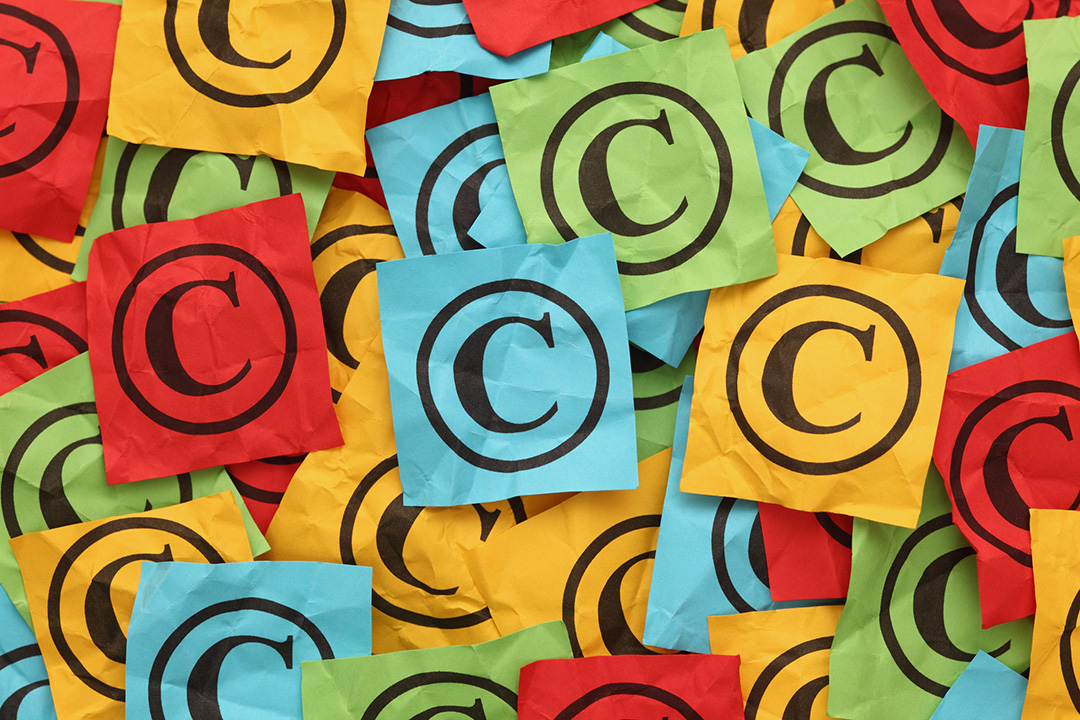
The internet is practically infinite, with new content being added at unimaginable speeds. Naturally, creators are turning to third-party software to keep an eye out for unauthorized use of their work.
Image reverse search tools are some of the most powerful ways to keep track of where your photos have appeared on the internet. However, if you’ve been following our investigative series, you’d know that some businesses are spinning money out of the supposed infringement of your work. How sincere they are about protecting clients’ intellectual property rights is open for debate. The lesser-known truth is that some of these programs are often linked to a host of professionals known as “copyright trolls.”
In August 2021, former White House photographer Pete Souza shared that he’d been threatened with legal action over his own photo of Barack Obama and Hillary Clinton. The agency that filed the claim, which engaged a photo-crawling bot, eventually backed off when he explained that White House photography has no copyright.
“You can’t make this s**t up,” Souza wrote in an Instagram post. He suspects the company added his photo into its archives since public domain images aren’t protected, in hopes it would be used by many.
If you’re a photographer who’s thinking about signing up for one of these platforms that offer the promise of worry-free litigation, below are some things you first need to know.
Internet users who have received a threat or copyright notice can look at our how-to guide here.
If you know anyone who is affected, pass it on. This article is also free for anyone to republish (note: stock images ought to be separately licensed)—with attribution and link to this page—so that the broader community can learn from these experiences.
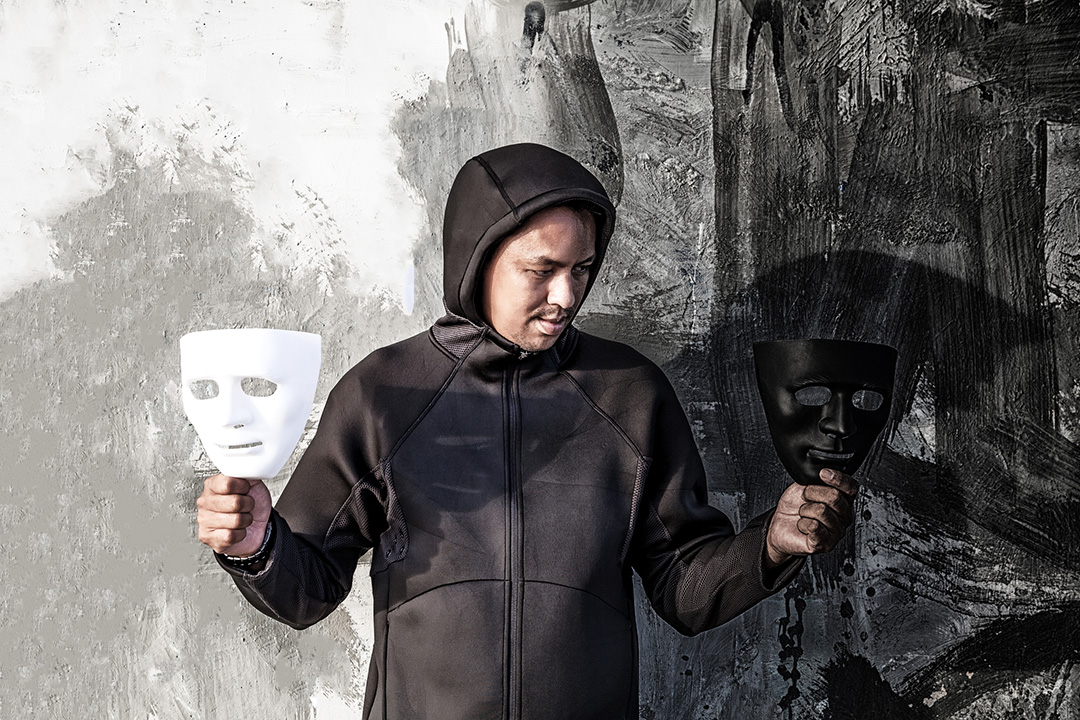
Photo 84777463 © Sanchai Rattakunchorn | Dreamstime.com
A boon or a bane?
Photographers might be getting the shorter end of the stick by fully putting their trust on litigious photo-crawling platforms to handle copyright issues. Not only are they giving up a large portion of the settlement to the businesses and their lawyers, but their reputation could also suffer as a result of the aggressive ways their solicitors handle these matters.
On October 3, 2022, the Italian Competition & Market Authority confirmed in a bulletin that legal fees are being shared equally between an image-monitoring business and its attorney. The company has also been formally prohibited from sending out its frightening letters in Italy.
The bulletin revealed that “PhotoClaim receives from the photographer a percentage between 35% and 45% of the sum paid as compensation for damages, as well as 50% of the sum paid as legal fees. The lawyer receives the remaining 50% of the legal fees.”
We received a letter and, at least in our case, the legal fees were higher than the damages (the dispute was dropped as usage rights were ultimately proven).

Imagine this: By raising the matter directly with the infringer, the entire ordeal would have been resolved quickly and amicably for hundreds of dollars. With thousands more added to the bill by third parties, the inflated sum will inevitably complicate and slow down the settlement process, and strain what may have otherwise worked out to be a positive long-term client relationship (well, the users were interested in your images from the get-go).
“Copyright rules are created to protect the authors of intellectual works from the abusive exploitation,” says Giovanni Franchini, a respected Italian journalist who received one of these notices, in an interview with DesignTAXI. Instead, some services “take possession of the photo to earn money that is not theirs,” he elaborates.
Not only might photographers be losing out financially, but with the way solicitors are pressuring “offenders” on their behalf, the clients may be deemed as the aggressors and suffer reputation damage. Ironically, there’s no image recovery for their professional selves.
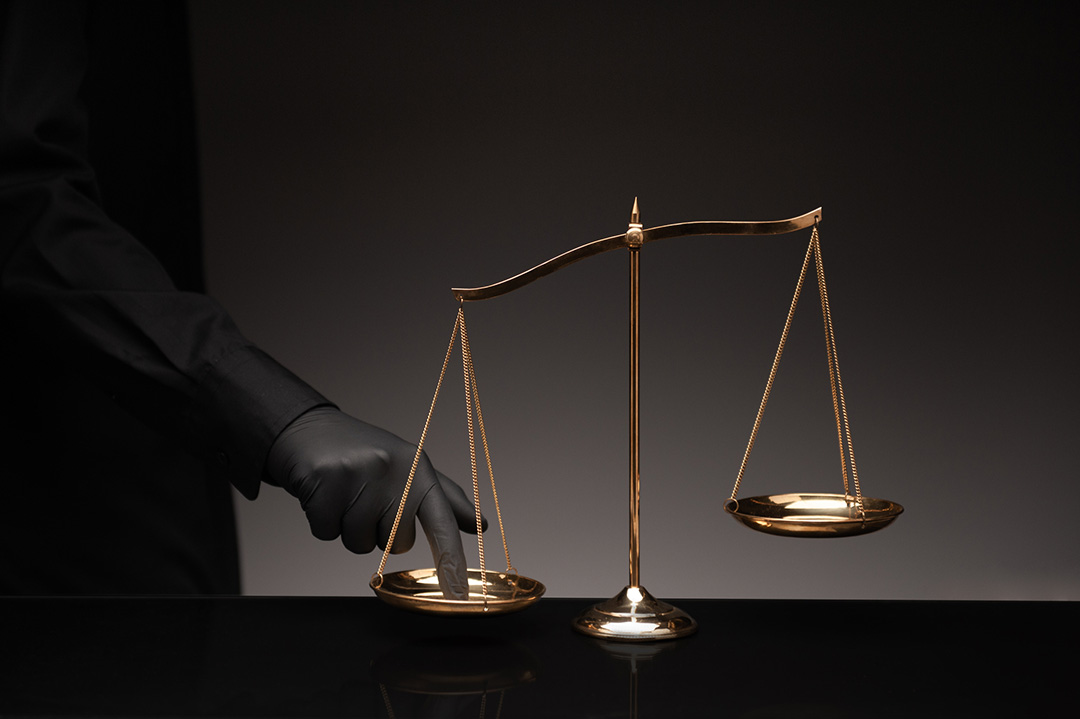
Platform > Photographer
American interdisciplinary artist Kalliope Amorphous was saddened when the now-defunct Image Witness, her go-to reverse image search tool then, was bought over in 2018 and became part of a business that “[bound] artists and creatives to their legal services,” she tells DesignTAXI.
In its terms, the new platform, now under ImageRights, says it will gain “full power and authority, directly and on Your behalf, to engage and discuss all related matters with one or more attorneys” to take action for settlement or litigation. “It’s all or nothing,” Amorphous shared in a 2018 PetaPixel article. “You can’t just use them to scan for infringements.”
Using a second service or engaging your own attorneys is also seemingly out of the question. When they sign up on the platform, users agree to making the platform the “exclusive agent” for image recovery, and they “shall not utilize, accept, retain, offer, or perform, anywhere worldwide, services identical or similar to the ImageRights Recovery Service.”
If a user wanted to take the findings elsewhere, “we would still require our share of the settlement,” the service reportedly told the artist then.
The company, which has offices in Boston, Seattle, London, and Berlin, collects a 40–50% cut of the net recovery amount for successful settlements. “It’s not something that is acceptable to me unless it’s coming from an actual attorney working on contingency and litigating the case in court,” Amorphous tells us. “A lot of these ‘services’ have no intention of ever filing suit; they just sent out letters.”
Indeed, it’s been put on record by one solicitor in the industry that “75% to 80%” of its copyright infringement cases are settled out of court.
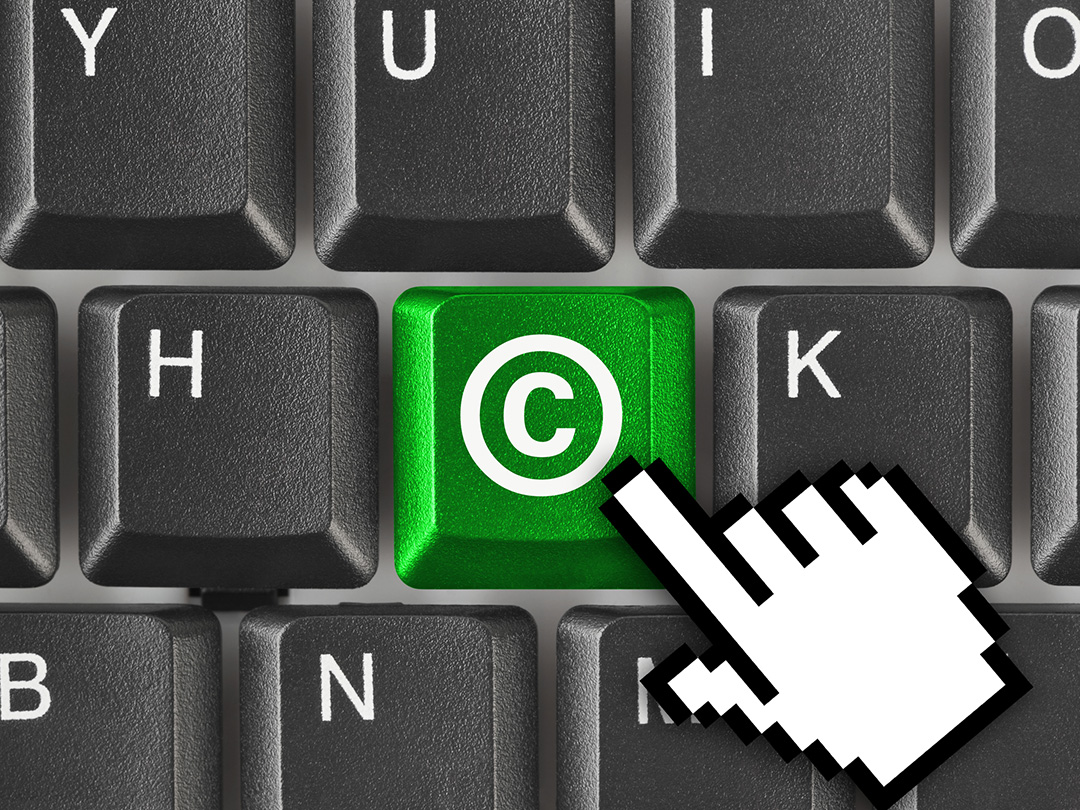
Photo 29887263 © Nikolai Sorokin | Dreamstime.com
Lack of (due) diligence
Unsettled by these practices, Amorphous didn’t stay with the platform for long. She now uses another service to run reverse image searches on her work, but mostly relies on her followers’ keen eyes to spot misappropriations. “My artwork is stolen a lot, so I do get emails here and there letting me know,” she tells us. When push comes to shove, she gets help from her attorneys.
While Pixsy, the tool she currently uses, has its own recovery system, “I never recommend that artists use those types of services.”
“I would also like to add that there is a fine line between attorneys fighting the good fight on behalf of artists who have their work stolen and attorneys who troll even the most minor infractions with demand letters,” concludes Amorphous.
In Italy, PhotoClaim was charged for its “failure to supervise” the conduct of its attorney, who was found to have not been compliant with the “diligence required by professionals in the legal protection of online copyright.”
Still going ahead with a paid image-crawling service?
Admittedly, it’s much easier for someone else to handle stressful copyright disputes for you. If you’re determined to pursue a membership for a reverse image search tool, make sure you are ready for things you may have no control over, such as the lawyer who is handling your case and how they will represent you.
Be sure to research the reputation of the service, and do look out for glowing reviews that seem fake.
Do not sign the power of attorney, which authorizes the lawyer to act on your behalf. There will be no transparency, and the questionable tactics of copyright trolls may implicate the creator.
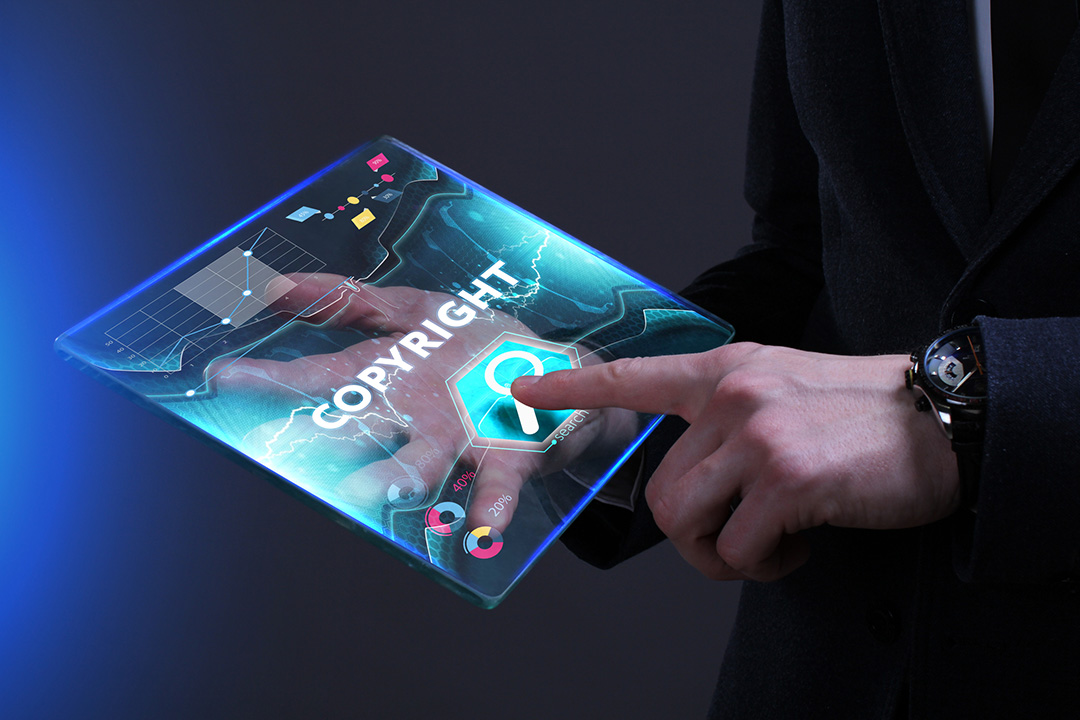
Photo 105329966 © Egor Kotenko | Dreamstime.com
Here’s what you can do instead
Register a copyright
Most countries observe the Berne Convention act, which aims to create a harmonized copyright law around the world. Under this treaty, copyright is automatic—with no registration required—and protection extends across member states. While this means that you don’t have to file paperwork to secure copyrights, in the US, registration is still needed for an infringement claim to be taken to court and for damages to be awarded.
Run a reverse image search to find out where else your work may have landed
…Which doesn’t have to involve money. Scroll further down for a list of free tools that help you discover where your work may have been used.
Steps to take if you discover an infringement
1. Take screenshots
Take a full snapshot of the infringing page, including the URL in the address bar.
2. Run a background check
Look up the user who infringed on your work. Are they a not-for-profit charity or a commercial entity? This will help determine your approach to the act.
If your image is assigned to a Creative Commons license, check the terms to assess the degree of the violation, or if there was a case to begin with.
3. Determine your costs and/or damages
Are you selling the same or similar images on stock libraries? If so, factor in how much you typically charge, and add in a reasonable multiplier for the non-consented usage.
If you do not sell on stock libraries, do consider if this photo was intended for exclusive use somewhere else (e.g. your personal blog, a media outlet such as a newspaper). That would give you a better grasp if any, and how much, damages are arising from the infringement.
In addition, price your charges according to the nature of use. A corporation willfully making T-shirts out of your artworks would arguably be a more flagrant violation as compared to an innocent misuse by a non-commercial student body.
4. Reach out to the user
Email the infringer with any screenshots you have captured, propose a reasonable fee based on the level of infringement, and explain your rates.
It is also important that you provide proof you are the owner of the image.
By liaising with the infringer directly, you’ll save legal fees and reach a settlement more quickly as elaborated earlier in this story. Also, with every bridge left unburned, you open another door to bring in new professional opportunities by word of mouth.
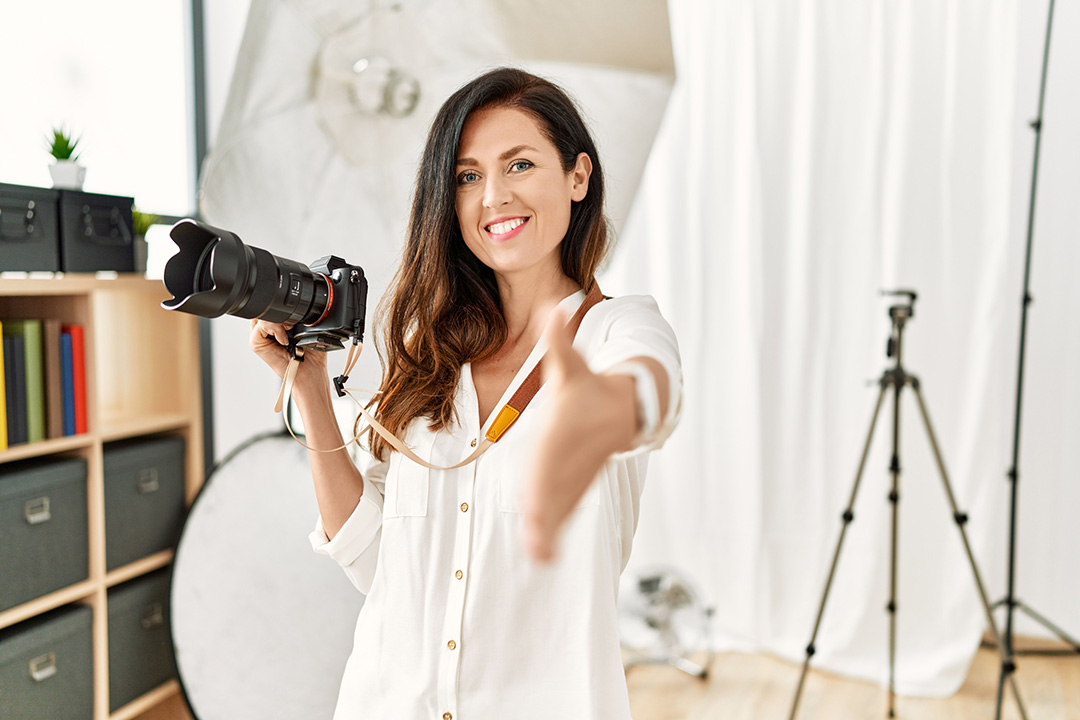
Photo 244749550 © Aaron Amat | Dreamstime.com
- If direct negotiation fails: file a DMCA takedown notice
The Digital Millennium Copyright Act (DMCA) oversees US copyright issues on the internet. You can file a complaint, as well as get a free professional review for a quote, here. Take note that further fees apply. - Seek expert advice
If you wish to engage a lawyer, it would still be ideal to source one on your own instead of placing the outcome of a dispute in the hands of a copyright troll. If this is not possible, there is also pro bono support for creators.
This year, the US Copyright Alternative in Small-Claims Enforcement (CASE) Act opened the Copyright Claims Board (CCB), a small-claims tribunal for copyright cases seeking damages of up to US$30,000. It is designed to be accessible (with or without an attorney), more affordable, and faster than taking a dispute to a federal court. Cases are heard online, minimal documents are necessary, and filing a claim only costs US$40.
This accessibility will no doubt be attractive to “copyright trolls,” so the board has enforced safeguards to prevent abusive practices by limiting how many claims can be filed per year. Parties found to be submitting a filing “in bad faith” could even be forced to pay the opponent’s costs and attorneys’ fees of up to US$5,000.
International pro bono resources for copyright law assistance are available here.
Choosing the right Creative Commons license for you
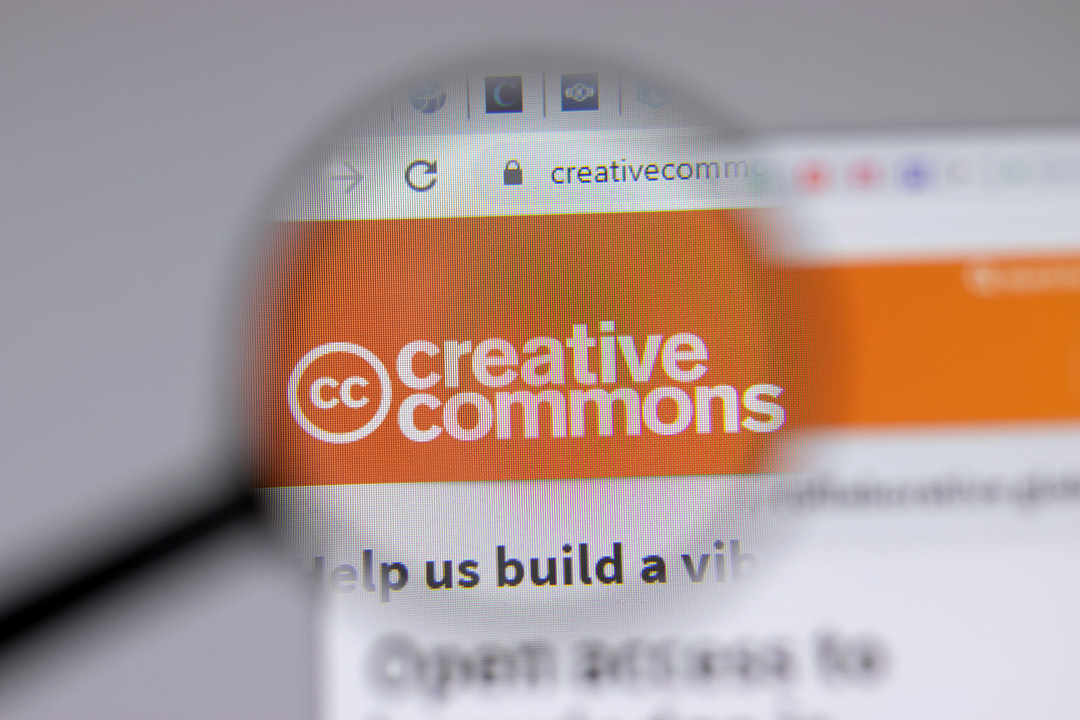
Photo 213655934 / Logo © Transversospinales | Dreamstime.com
“You should think carefully before choosing a Creative Commons license”—words that have come directly from the Creative Commons Organization (CCO) itself.
Creators have to be especially discerning because CC licenses cannot be revoked. According to the nonprofit, once a user has accessed material under a CC license, they “will always have the right to use it under those license terms, even if the licensor changes his or her mind and stops distributing under the CC license terms.” You could add a separate license to an image or completely sever a photo’s ties with a CC license, but the user will still retain their rights to use it under the original terms.
If you’re going down the CC route, here are the six core license types to take note of.
1. CC BY (Attribution)
Under the CC BY license, works can be remixed, adapted, distributed, and built upon—even for commercial purposes—so long as credit is given to the copyright owner.
2. CC BY-SA (Attribution-ShareAlike)
Works can be remixed, adapted, and built upon, even commercially, with credit.
Subsequent users will also categorize their new versions under the same license, so their own remixes will enable commercial use too.
3. CC BY-ND (Attribution-NoDerivs)
Photos under this license can be reused for both personal and commercial uses with attribution, but they cannot be shared with others in an adapted form.
4. CC BY-NC (Attribution-NonCommercial)
Works under this license can be remixed, adapted, and built upon for personal use only. As always, attribution is required.
5. CC BY-NC-SA (Attribution-NonCommercial-ShareAlike)
With this license, users can remix, adapt, and build upon a work non-commercially, with credit.
Subsequent users will have to label their versions under the same license.
6. CC BY-NC-ND (Attribution-NonCommercial-ShareAlike)
The most restrictive CC license type, CC BY-NC-ND only allows sharing, and with no changes to the original work. Sharing is for non-commercial users only.
Creative Commons licenses cannot be revoked, but there’s more to the story
One thing that the Creative Commons Organization has been adamant about from the beginning is that its licenses are irrevocable. As such, a photo with a newer CC BY-4.0 license cannot be downgraded to a more restrictive 2.0 CC license, the inverse can be said.
And that means licensors can’t change their minds and eventually enforce copyright, right? Well, not really. The Creative Commons Organization says copyright holders can choose to stop distributing materials under a CC license. However, they cannot stop users’ right to continually use those materials under the original CC terms.
But creators can also add a separate license to their existing one, though there’s a catch—the dual license must expand on the benefits enjoyed by the end user, not take them away. For example, a photo under a Creative Commons license that doesn’t enable commercial rights can be expanded to include the author’s personally-crafted license, which may allow members of the press to repurpose the work.
“Once you receive material under a CC license, you will always have the right to use it under those license terms, even if the licensor changes his or her mind and stops distributing under the CC license terms. Of course, you may choose to respect the licensor’s wishes and stop using the work,” emphasizes the Creative Commons Organization.
Free reverse image search engines
Good news: there’s no need to spend a single dime on technology if you’re fundamentally looking out for where your images may be used online. The following websites and apps run reverse image lookups for free.
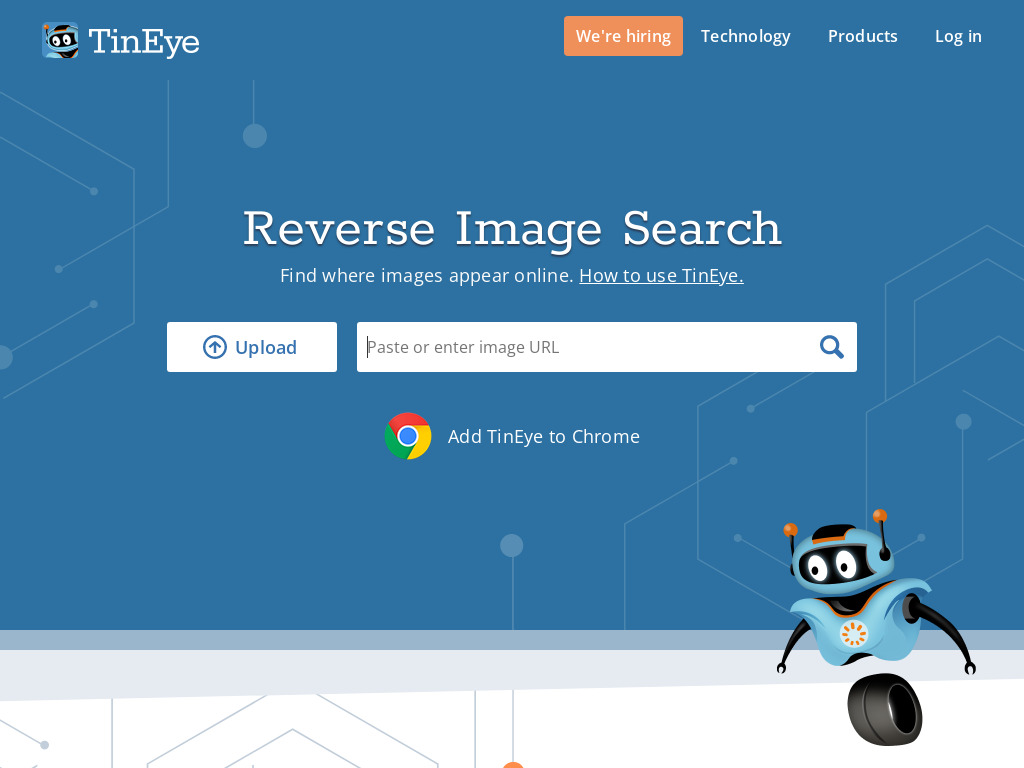
Screenshot via TinEye
One of the most renowned reverse image search tools is TinEye, which forgoes text-based queries for uploads and URL searches. TinEye is able to find altered versions of the same photo. If you’re looking for an upgrade, a paid option lets you receive daily reports of where your images have turned up.
Google Images (for desktop browsers)
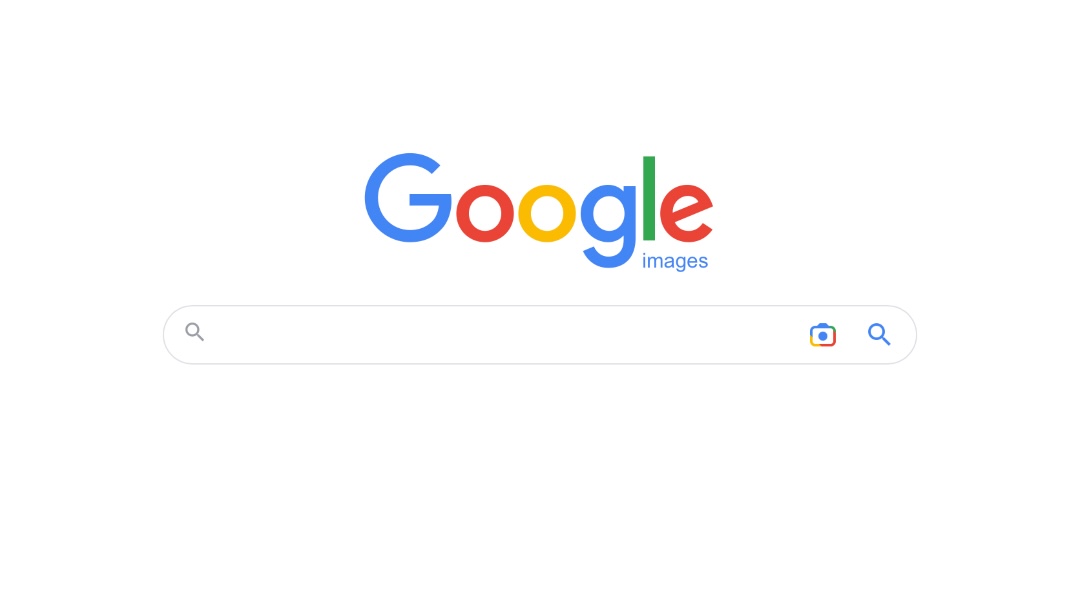
Screenshot via Google Images
Google Images needs no introduction. Similar to TinEye, it lets you look up a photo in your gallery and find matches. In recent years, however, the tech giant has slowly deprioritized the reverse image search tool in favor of its AI-powered image recognition technology Google Lens. As such, the Google Images browse button is only accessible when you visit images.google.com via your desktop, or switch to desktop view on your mobile device.
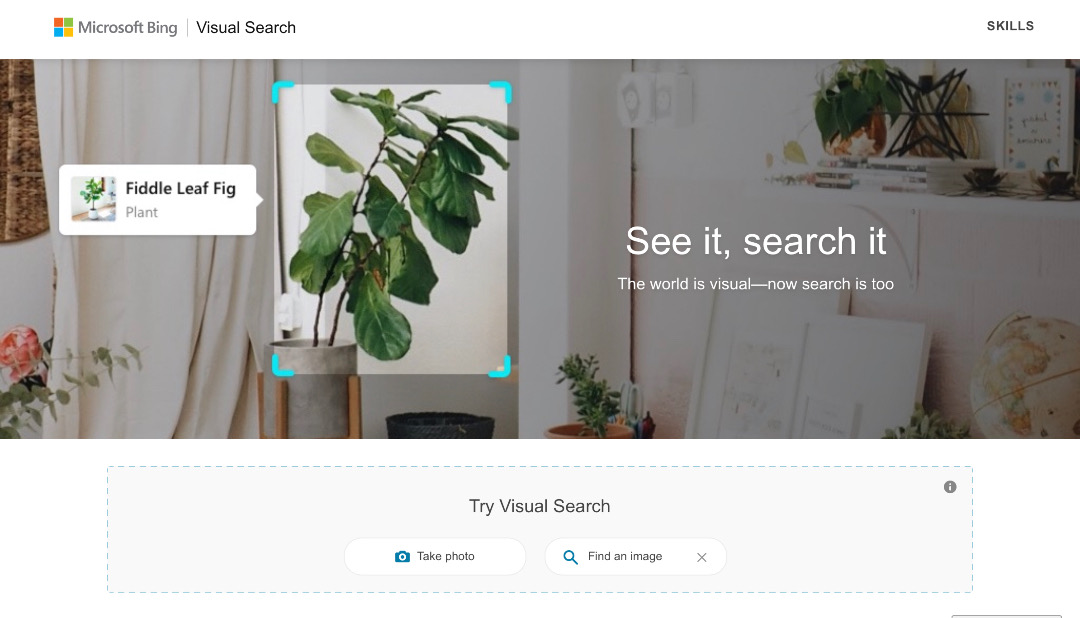
Screenshot via Bing Visual Search
Microsoft also has a powerful reverse search image engine that aims to inspire you visually according to your query, while also returning identical results to your photo.
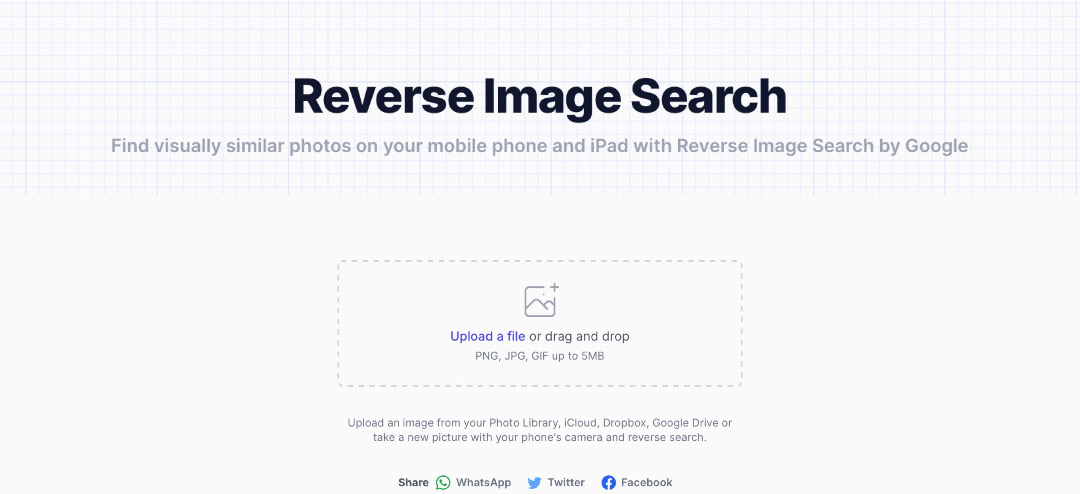
Screenshot via Labnol.org
For Google Images traditionalists surfing from their mobile browsers, this site lets you run a lookup seamlessly from your smartphone.
Reverse Image Search App (for iOS)
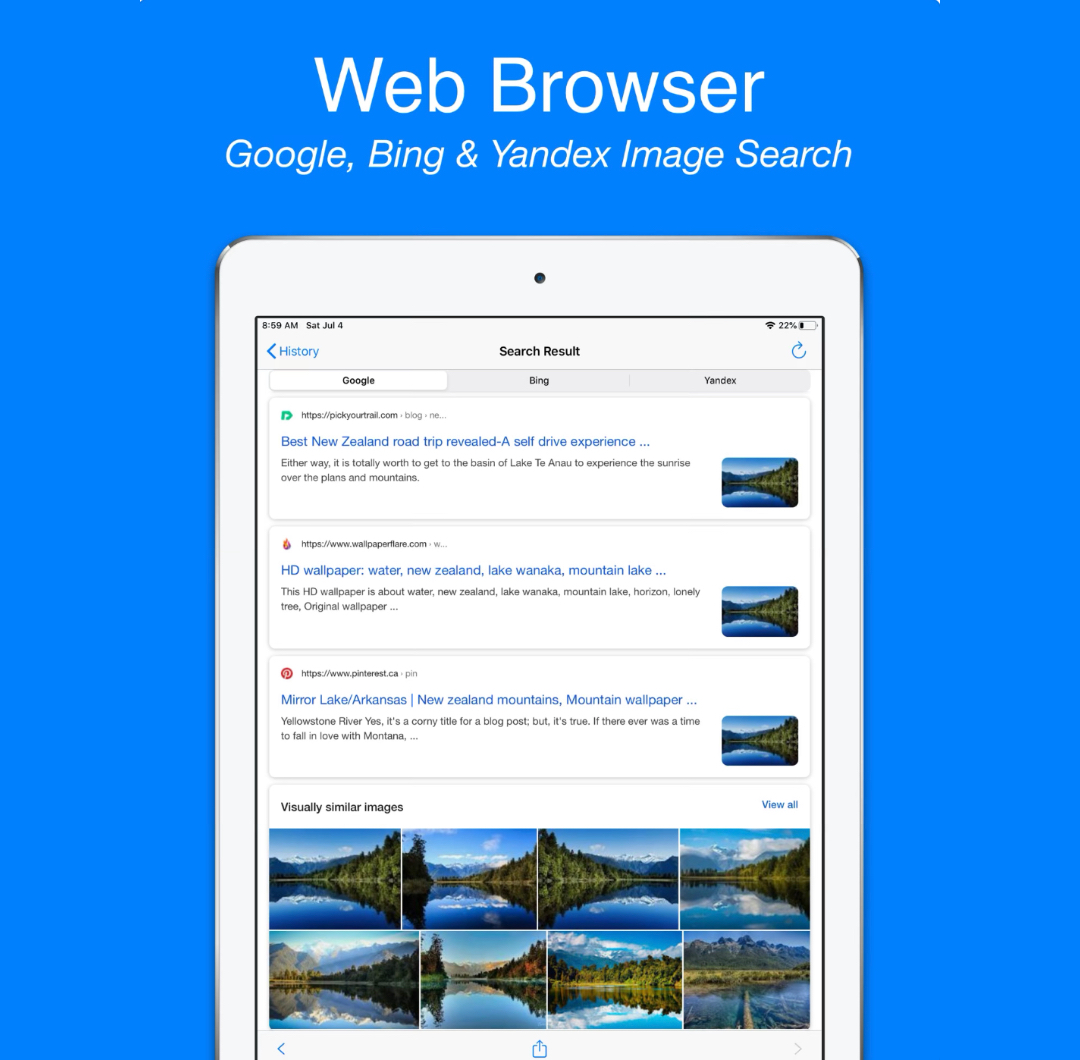
Image via Apple App Store
If you’re going to use one of these search tools regularly, why not download an app into your iPhone? The Reverse Image Search App indexes image results from Google, Bing, and Yandex.
Reverse Image Search - Multi (Android)
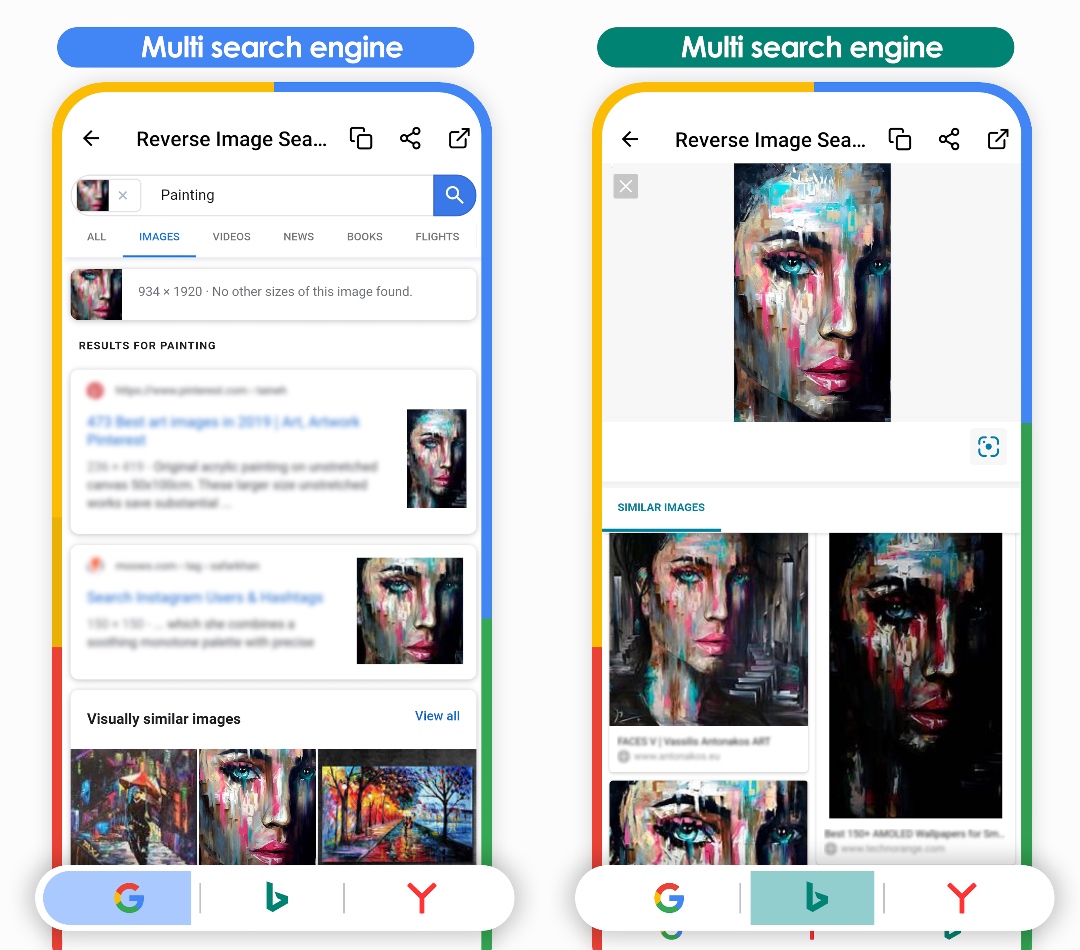
Image via Google Play Store
Android users also have a similar app that lets them click through results for the same image from Google, Bing, and Yandex.
We hope you have found the above insightful. By assuming the primary role in a copyright dispute and having your name (not the lawyer’s) listed as the plaintiff on legal records, you ought to hold all the strings for reputation control.
Taking ownership of your work is half the battle won—the other half is determined by how you react to the problem. Who knows? Maintaining a cordial relationship with the infringer could turn them into a long-term client. On the internet, a positive image will go a long way.
This story is part of a series investigating the impact of copyright trolls on the industry. See our other features:
- For Image Users: Got A Copyright Infringement Notice? Here’s What You Have To Do
Additional resources
Reading material
• US Copyright Office: “Can Someone Else Use My Work?”
• Copyright Alliance: What Photographers Need to Know About Copyright Law
• Thomson Reuters’ Copyright Litigation Global Guide
Pro bono assistance / affordable claims
• US Copyright Claims Board (fee: $40, no lawyer needed)
• American Bar Association Free Legal Answers: virtual legal advice clinic that enlists pro bono attorney volunteers to answer questions for free
• Volunteer Lawyers for the Arts: pro bono consultations at legal clinics for artists in the US
• UK Chartered Institute of Trade Mark Attorneys IP Pro Bono scheme for small businesses in intellectual property disputes
• Lawyers Volunteering for the Arts: pro bono legal advice for small arts organizations and community groups in the UK
• European Union Intellectual Property Office’s free personalized IP support program
• Arts Law Centre of Australia: free 20-minute legal consultations for individual artists
• Australian Legal Aid ACT Helpline: free, confidential phone service to connect to a paralegal
• Singapore Intellectual Property Office’s IP Legal Clinic (initial fee is required but will be reimbursed later)
• International Trademark Association Pro Bono Clearinghouse for more pro bono referrals around the world





